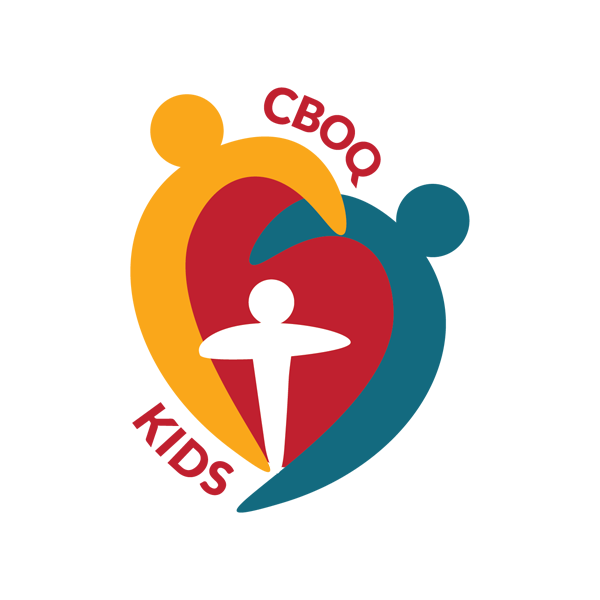
Accessible Lives
The other morning I was at the Tim Hortons near my house. Its just a small little counter front one inside of a grocery store, but there are a few tables and interestingly enough a few regulars too. I find the presence of regulars at this location interesting because its not the most appealing place to hang out (seeing as its so small and so aesthetically unappealing). But I got some insight the other morning when I was waiting in line for a coffee and I saw one of the regulars communicating with one of the main morning shift women.
I watched as she, without words, locked eyes with him and gave a little nod. She started pointing at different things and there were a few nods back and forth between them. And this is how they continued to communicate as she assembled his order. When they were done, she gave him a warm smile and a final tip of the head. He then wheeled his chair over to a small table to sit alone. This is where I usually see him sitting. And I suddenly realized why he comes to this ‘grocery store timmies’, with it’s small inconvenient tables.
Here, he is Seen.

This moment truthfully caught me off guard.
I was in the middle of my morning frenzy through the concrete jungle; armor on, defenses up, ready for battle. The battle of getting where I needed to be as fast I wanted to get there. My morning was maxed out and I had no time for interruptions. So much so, that as often as I have seen this man sitting alone, I realized that unlike this woman behind the counter, I had never made eye contact with this man.
Her humble attitude of presence pierced through the fog of my own stress; And like the light of a lighthouse, it reminded me of the heart I needed to come back to.
This was sacred ground, the highest call embodied; to see Jesus in the least of these.
Matthew 25: 35 For I was hungry and you gave me food, I was thirsty and you gave me drink, I was a stranger and you welcomed me… 40 And the King will answer them, ‘Truly, I say to you, as you did it to one of the least of these my brothers, you did it to me.’
A conviction I keep coming back to as we process accessibility within our churches, is that the starting place of accessibility is quite simple; “To be an accessible people”.
And yet why is this so difficult? So difficult for me?
This is a conviction I probably would have carried on a flag as a child or youth. When I was young, I was so ready to just give Jesus everything.
But something has happened to me.. A stiffening up, a hardening with stress maybe?
Worries piling up over the years. Busyness compounding. Responsibilities weighing heavy.
It doesn’t seem easy to be so accessible anymore. Opening my hands is difficult.
To be accessible in our attention, our resources, and our affections. That we would be accessible to the opportunities that God calls us to, over our own plans and ambitions..
For me, asking God for ‘Eyes to See’ means Risk. It means maybe risking my load over to Him, so that I can be presence in the moment. It means being more like the woman serving at Tim Hortons, and less like that distracted and frenzied woman in line.
I want to be like the woman behind the counter, the one with the wisdom to see Jesus right in front of her.
So what about our churches?
As our church communities desire to be more accessible, what we really desire are ‘Eyes to See’.
If we have eyes to see those in our midst, we then have to chance to risk opening our hands. If we choose this road, I think we will come to find the many resources, agencies and families who are willing to hold those open hands and walk alongside us in a journey of growth.
Christian Horizons provides many resources and support for churches. Online there are a tonne of articles, training sessions with powerpoint slides, links to additional materials. Additionally, they have people who can connect with our leaders and congregations regarding specific training and conversations.
In speaking with Keith Dow, Manager of Organizational and Spiritual Life at CH, he acknowledges that its very easy to “[Be] intimidated by new families with special needs”. We often don’t know what to say, where to begin.
However, CH wants church to know that they are available for support. Usually the support will flow through these steps:
1. Introductory Seminars & Conversations:
First CH would do general training around what it means to be a community of belonging, where everyone’s gifts and abilities are appreciated. Seminars include:
- Justice Jesus Style
- Theology of Disability
- Creative Inclusion
2. Training on Specific Needs
CH can then go into specific training on different needs such as autism. Dow says they provide enough information that, “volunteers have a grounding and their fear of the unknown is hopefully reduced… Certainly knowing what someone might encounter when befriending someone who has autism can be an important step. There are some good videos and resources that help build empathy in that way”.
3. Facilitating Church Partnerships & Encouragement
“In some cases, it is helpful for communities to partner with another church that has done a great job of welcoming people with similar needs”
4. Encouraging Individual Relationships between Churches & Families
“It is very important for churches and individuals to understand there are “specific needs… to be met in close relationship with the family, because every person with autism (and every person in general) is different”.
Dow says that CH is happy to even have an initial phone call or Skype conversation with pastors or leaders/volunteers in churches to help them understand what they are going through and then provide follow-up suggestions and support.
And if there are any further resources that would assist you in your ministry, please do not hesitate to contact us at ![]() 1-866-362-6810 FREE ext. 3154 or at ministry@christian-horizons.org.
1-866-362-6810 FREE ext. 3154 or at ministry@christian-horizons.org.
May we all continue to develop Eyes to See Christ in our midst, and an openness to growing in the ways God is leading.


+ There are no comments
Add yours